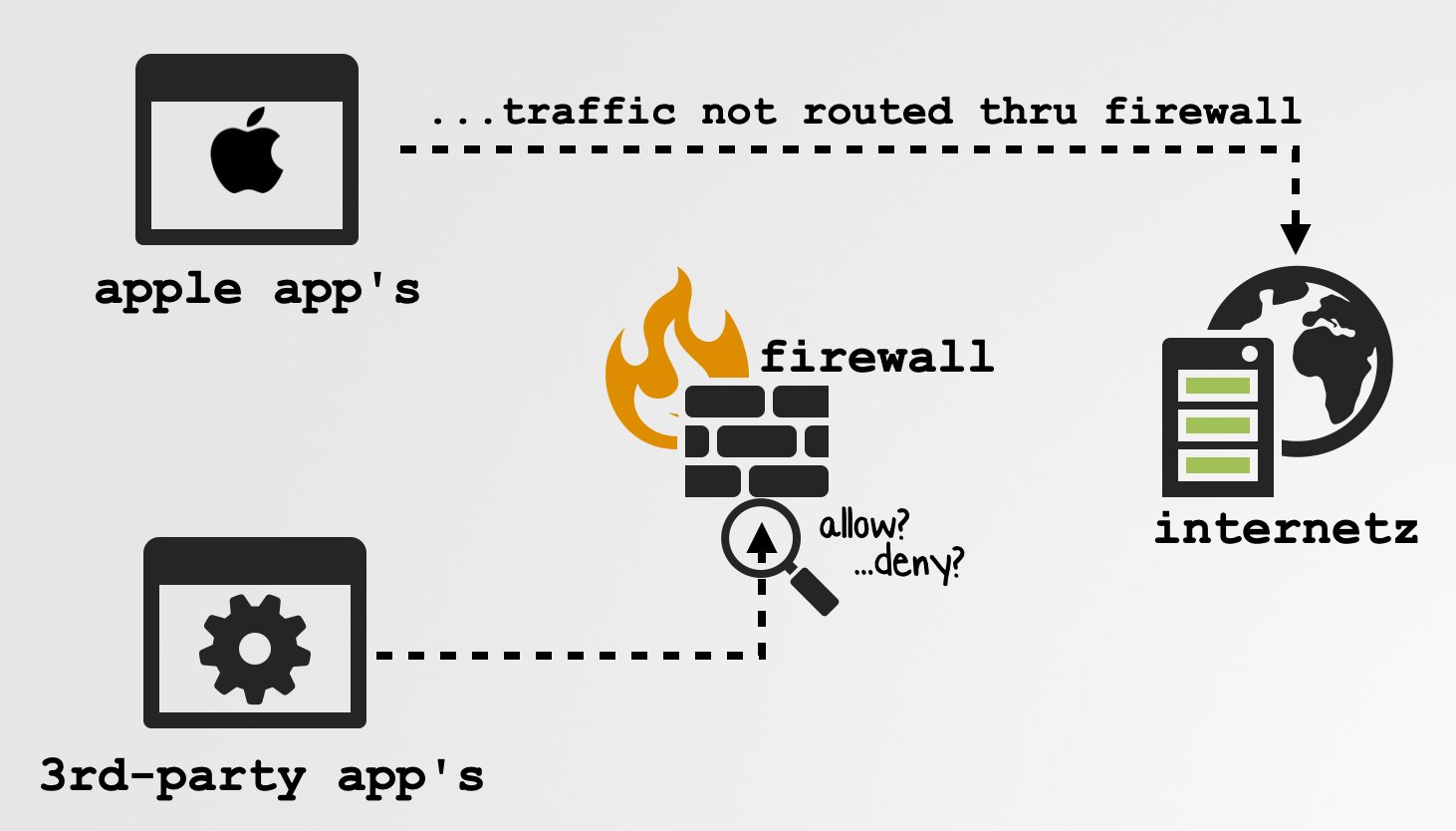
This provides more funding, updates and upgrades. This is the only reason I aggregate the data: for example, if I can see that 95% of users who complete task X go on to purchase, then I can try to ensure that more users complete task X without it being. This means (among other things) making sure I lose as few people as possible through the funnel. I cannot spend enough time on the product if it does not make enough revenue. Fortunately, they use it every day.įor my existing users to continue getting updates/upgrades, I need to be able to afford to spend time on the product. Unfortunately, the market isn't very big.
#LITTLE SNITCH BETA SOFTWARE#
I create software that people enjoy using. May I provide a view from someone who is aggregating app-specific data from thousands of users a day? I hope OpenSnitch and similar projects are inspired and vice versa. Having used it since version one though I'm excited about a lot of the new changes.

Can the developer of an application making a connection a power user would consider worth blocking actually be trusted provide their own description? If they do lie (directly or by omission) or even simply obfuscate about what it's doing, is Obdev up to policing that? One thing I wonder about though is how well they're prepared to deal with lying, because this seems like it could possibly open up a potential risk for social engineering. The spirit of transparency is a good one too. Research Assistant is a useful feature and at first blush this seems to have the potential to make it even better, assuming LS has enough market penetration to actually get more then a handful of devs to provide a description. A description of the policy file format will be provided soon.
#LITTLE SNITCH BETA HOW TO#
Little Snitch will then display that information to users, helping them in their decision how to handle a particular connection. > Third party developers can now bundle their apps with an Internet Access Policy file containing descriptions of all network connections that are possibly triggered by their app. They're making an effort to open it up and turn LS4 into a bit more of a platform, allowing 3rd party devs to make specific descriptive information available: I'm particularly curious how their improved Research Assistant 2.0 will turn out.

Their main landing page has been updated for LS4 and has a nice general summary of new features with screenshots, but trying to submit that link just goes back to the HN discussion on LS3 five months back. LS4 has had a few private betas up until now, but it's in public beta at this point and some of the new stuff they've been working on is pretty interesting.


 0 kommentar(er)
0 kommentar(er)
